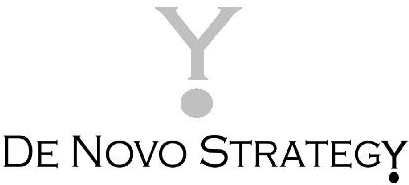Citigroup Inc. will acquire the banking operations of Wachovia Corporation; Charlotte, North Carolina, in a transaction facilitated by the Federal Deposit Insurance Corporation and concurred with by the Board of Governors of the Federal Reserve and the Secretary of the Treasury in consultation with the President. All depositors are fully protected and there is expected to be no cost to the Deposit Insurance Fund. Wachovia did not fail; rather, it is to be acquired by Citigroup Inc. on an open bank basis with assistance from the FDIC.
"For Wachovia customers, today's action will ensure seamless continuity of service from their bank and full protection for all of their deposits." said FDIC Chairman Sheila C. Bair. "There will be no interruption in services and bank customers should expect business as usual."
Citigroup Inc. will acquire the bulk of Wachovia's assets and liabilities, including five depository institutions and assume senior and subordinated debt of Wachovia Corp. Wachovia Corporation will continue to own AG Edwards and Evergreen. The FDIC has entered into a loss sharing arrangement on a pre-identified pool of loans. Under the agreement, Citigroup Inc. will absorb up to $42 billion of losses on a $312 billion pool of loans. The FDIC will absorb losses beyond that. Citigroup has granted the FDIC $12 billion in preferred stock and warrants to compensate the FDIC for bearing this risk.
In consultation with the President, the Secretary of the Treasury on the recommendation of the Federal Reserve and FDIC determined that open bank assistance was necessary to avoid serious adverse effects on economic conditions and financial stability.
"On the whole, the commercial banking system in the United States remains well capitalized. This morning's decision was made under extraordinary circumstances with significant consultation among the regulators and Treasury," Bair said. "This action was necessary to maintain confidence in the banking industry given current financial market conditions."
Wachovia customers with questions should call their normal banking representative, service center, 1-800-922-4684 or visit http://www.wachovia.com/. The FDIC's consumer hotline is 1-877-ASK-FDIC (1-877-275-3342) or visit http://www.fdic.gov/.


